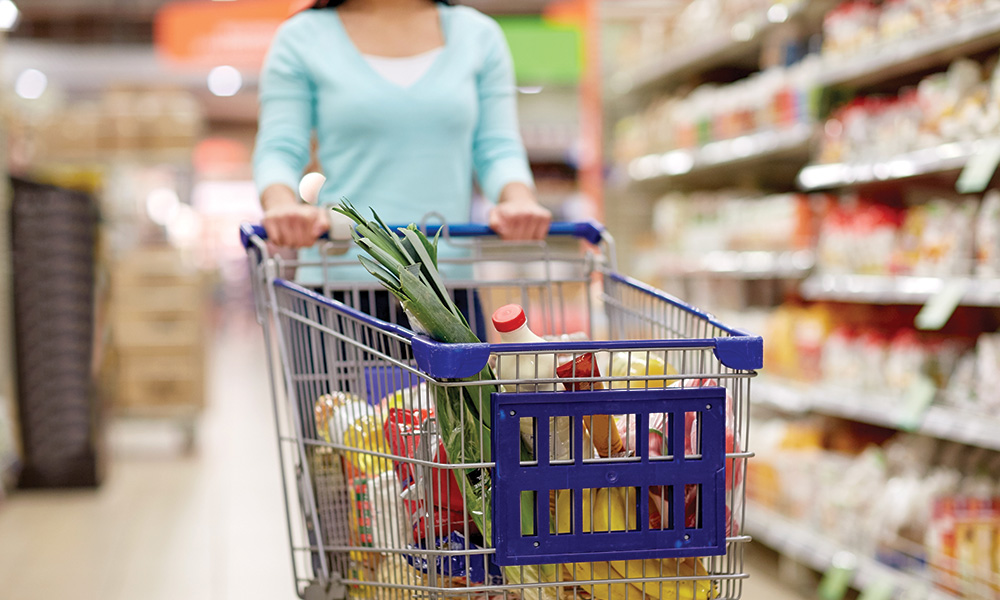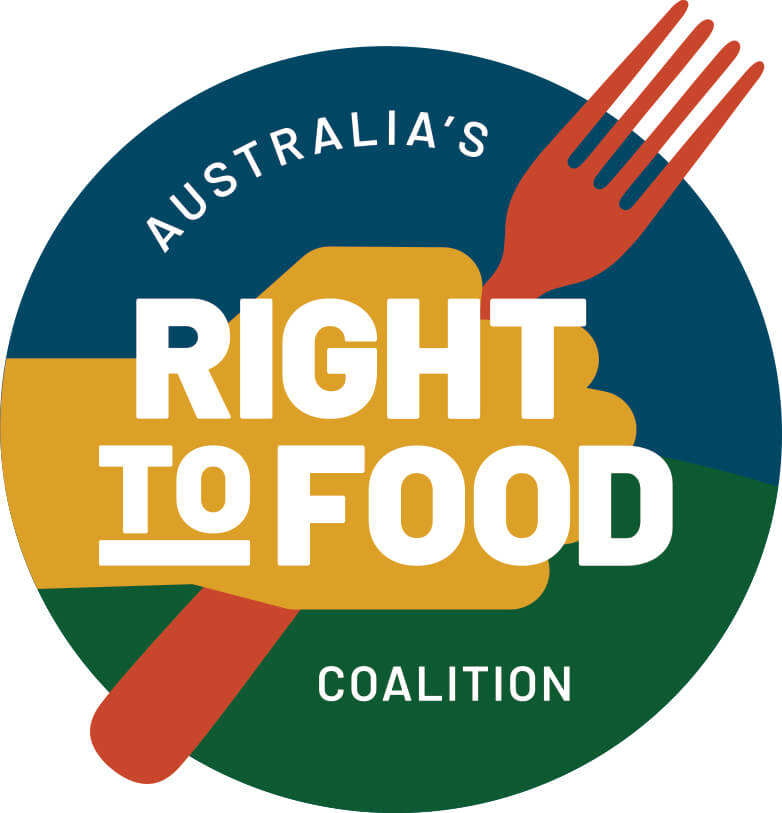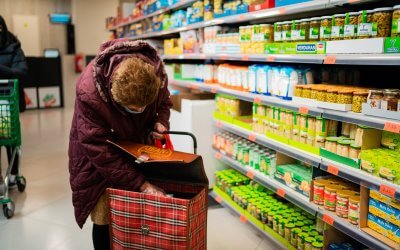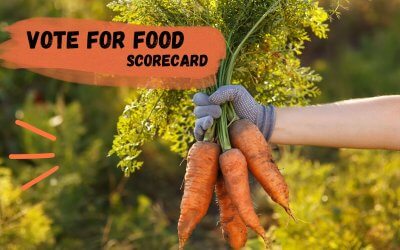Food Insecurity in Australia is increasing
Food insecurity in Australia is on the rise yet Australia is one of the most food secure nations in the world. Over the past number of years the Food Bank Hunger reports have noted a steady increase in the number of people accessing food relief services that are supported by Food Bank. They have also noted the inability of these charities to meet the increasing demand for food relief. According to these reports, those most affected by food insecurity include low-income, under-employed, regional, remote and refugee households. The causes of food insecurity are complex and women are 1.5 times more likely to experience food insecurity than their male counterparts. Food insecurity is a justice issue.
Our research documenting food relief initiatives
Whilst governments take responsibility to support people experiencing food insecurity through support payments and grants, at present we see food relief charities taking responsibility to care for people experiencing food insecurity across the city through providing food relief services. Organisations like Wayside Chapel, Vinnies and The Exodus Foundation are well known in the work they do to provide support to people experiencing food insecurity. People also support these types initiatives, showing their care for people in their communities by volunteering and providing donations of food, money or time.
In our work documenting community food provisioning initiatives in 2019, we found at least 220 food relief initiative locations including food banks, food pantries, soup kitchens, school breakfast programs and other food relief that are operating across the region. Our data gathering occurred before the COVID-19 crisis and the NSW Premier announced funding for 500 school breakfast programs across the state of NSW to be delivered in conjunction with Food Bank NSW ACT. This announcement was welcome news for those concerned about rising rates of child hunger in Australia and the ongoing effects of this.
Social Supermarkets providing people with choice and low-cost food
An example of initiatives that want to address issues of food insecurity are social supermarkets. Social supermarkets are a model of food relief that originated in Europe and often provide a place of social connection alongside low cost food options. Social supermarkets help people access low cost food through ‘shopping’ in a supermarket-like environment. Often these initiatives source food from Food Bank or other food redistributors, local retailers or manufacturers.
The Staples Bag in Campsie is an example of a social supermarket that provides low cost food to customers. The Staples Bag is run by Settlement Services International and also provides people with access to work experience and training. They run a range of different pop up locations throughout Sydney and source their fresh fruit and vegetables from a local providore to ensure freshness.
Anglicare mobile food pantries operate throughout Sydney. In 2019 Anglicare was operating 49 food-relief locations across the city (including both mobile vans and op-shop locations). The mobile food pantries partner with local church groups to provide people with access to low cost food, and a place of community connection where people can hang out and meet each other. The van itself is kitted out like a shop which enables people to choose what they buy and fill a green bag full of grocery items for $10 and fresh fruit and vegetables for $2. Church groups often run donation drives to ensure the vans are well stocked.
Addison Road Community Centre Organisation (ARCCO) Food Pantry is at the forefront of coordinating an emergency response to the COVID-19 pandemic in Sydney’s Inner West. Having started their food pantry in 2016 as they recognized growing levels of food insecurity, the ARCCO Food Pantry has an extensive network of supporters and suppliers as they seek to address issues of food waste and food insecurity by providing people with access to low cost food. Of late, the food pantry has been feeding over 2000 people a week with an increasing number of international students and migrants who have been left out of Federal government supports accessing the pantry. ARRCO continues to advocate for changes to government support through the Retain/Raise the Rate campaign and is active in addressing social justice issues more broadly.
One key learning from the literature on food insecurity, is the need for food relief organisations, and the people who work for them, to care for people experiencing food insecurity by treating them with dignity, by accepting them and not judging them. One way this happens at these social supermarkets, is by ensuring that people aren’t required to present any proof or need and giving people a choice about what they can buy. This choice is still restricted by their means and what is available, but having a choice is important. Although asking for help remains difficult, an article by Bedore showed how shopping for food can provide people with an increased sense of dignity and control over their lives.
What does this tell us about the need to address food insecurity in the long term?
Right now people are experiencing difficult times throughout Sydney and Australia with demand for food relief increasing. From the upper North shore of Sydney, to the Eastern suburbs, from the central CBD of Parramatta and the Sutherland Shire, Sydney has a problem with food insecurity. We know that immediate food relief is not the answer to ongoing concerns about growing levels of food insecurity. There is a need to recognize that people cannot live well on $40 a day, the old rate of Newstart. It should not be left to food relief charities, their volunteers and workers to fill the gaps left by inadequate support payments. Food is a basic human right.
What may have lasting effects on addressing the levels of food insecurity is retaining the increased rate of job seeker and other income support payments.The increased rate of Newstart and Youth Allowance has meant that some people are finally able to afford to buy fruit and vegetables and care for themselves and others. Along with other strategies that create a more diversified food system, Retaining the Rate will go one step towards ensuring we address food insecurity in the longer term.
About the author
Dr Miriam Williams is a lecturer in Geography and Planning at Macquarie University, Sydney. Miriam is the program director of the Bachelor of Planning and lectures on urban economies and sustainable urban regions. Since 2019 Miriam has been conducting a research project documenting the diverse community food provisioning initiatives operating across Sydney’s Metropolitan area.
TWITTER: @drmwilliams
WEBSITE: https://researchers.mq.edu.au/en/persons/miriam-williams





